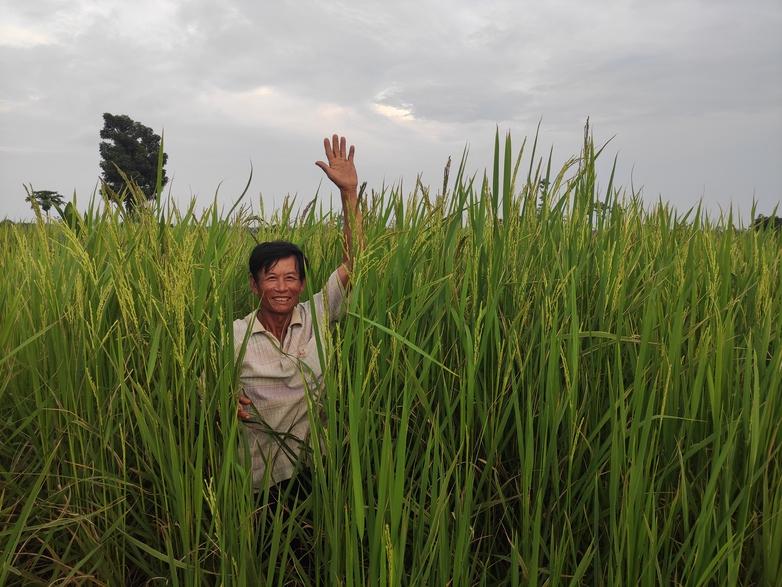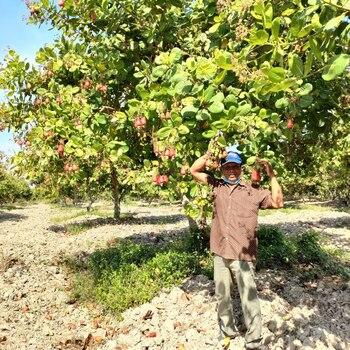Context
Although Cambodia is not regarded as a fundamentally fragile state, the foundation for democratic reforms is still very unstable. Power structures are complex in Cambodia and the country is marked by great social and economic imbalances. Institutional corruption is ubiquitous. Landlessness is steadily increasing. The causes for this include land fragmentation due to population growth, land sales in emergency situations and land concentration due to increasing social differentiation or illegal acquisition, above all by the military and influential politicians. Displacement and inequitable distribution of land give rise to social unrest and violent conflicts. This leads to a degradation of livelihoods and a growing lack of food security for people with little or no land.

